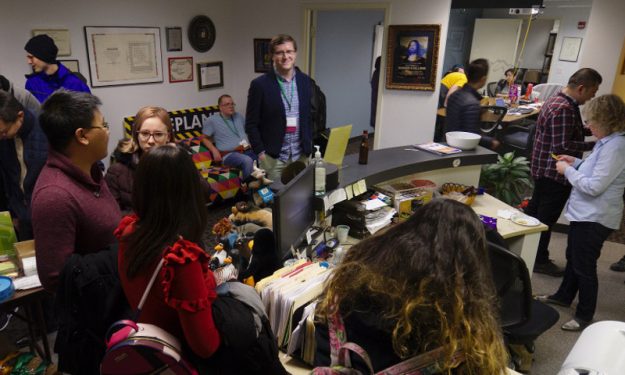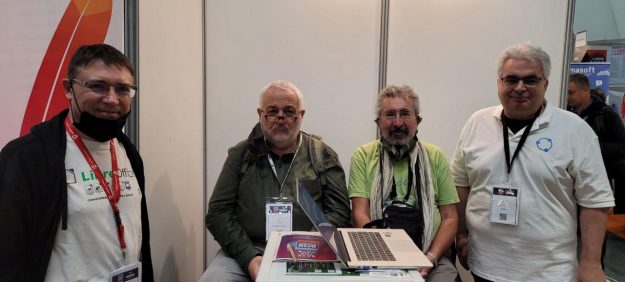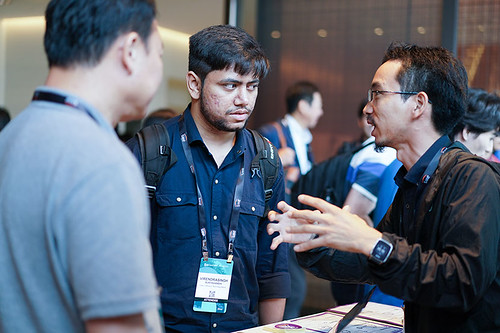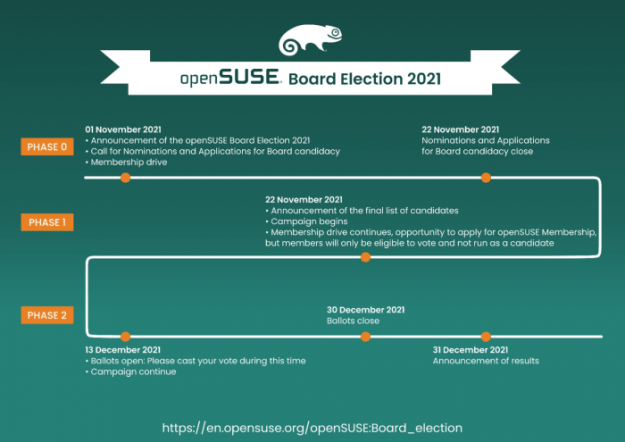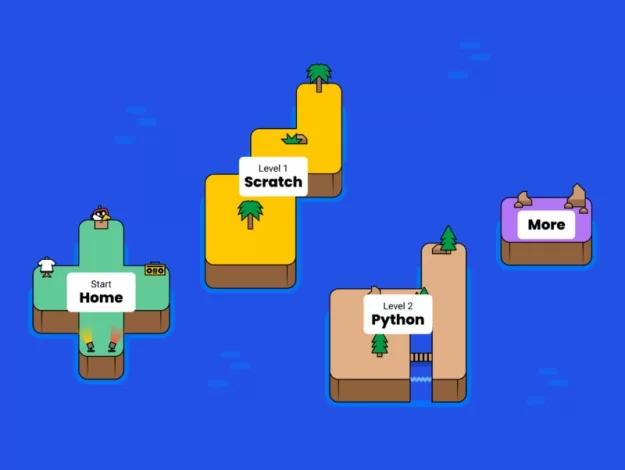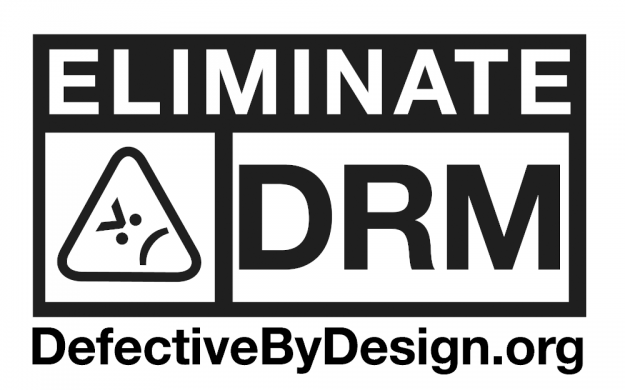Call for Sessions and FSF Award nominations have been extended until December 15. No news yet on whether Richard Stallman will be a speaker.
Posts published in “Community”
Nextcloud, The Document Foundation, FSFE, OnlyOffice, and 26 other organizations are pushing the EU and member states to end noncompetitive actions by Microsoft and others.
Editor’s note: In October, the Raleigh-based All Things Open became one of the first tech conferences in North America to stage an in-person event since…
Bilbili becomes the third large China-based video centered social network to throw its patents into Open Invention Network's kitty this year.
The EU and many of its member states are highly supportive of open source software. France takes that to new levels.
Since Open Source Summit Japan will be all virtual again this year, with access available to US audiences, we've made some picks and suggestions.
From October 2013 to October 2016, Starks popular column on FOSS Force captivated our audience with his salt of the earth, workingman's perception on Linux and open source.
The Raspberry Pi Foundations latest project, Code Club World, turns learning to code into fun games and challenges.
Today’s online Community Planning Day for the event will take place between 2 pm-4 EST pm (11 am-1 pm PST) using the #dbd channel on…

